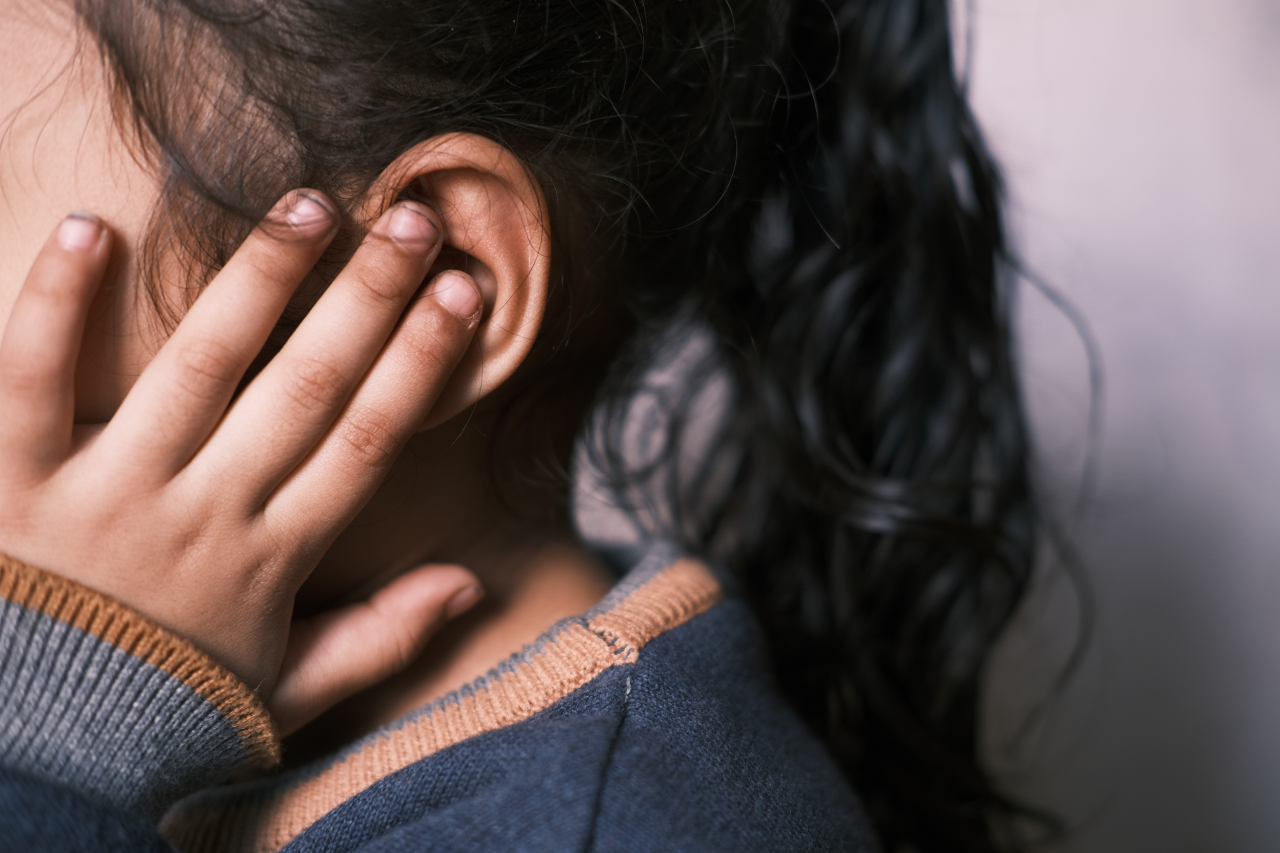Ear infections are one of the most common childhood illnesses seen in clinics across Singapore. If you’re a parent, chances are you’ve had at least one experience with your child crying in pain, tugging at their ear, or running a fever — and wondering whether it’s something serious.
What Is an Ear Infection?
Most ear infections in children are known as acute otitis media — an infection of the middle ear, usually caused by bacteria or viruses. These infections often follow a cold, flu, or blocked nose.
Common Symptoms to Watch For
Ear pain (may show as ear-pulling in toddlers or babies)
Fever (often 38.5°C and above)
Irritability or fussiness
Trouble sleeping
Loss of appetite or refusing to feed
Temporary hearing loss or muffled hearing
Fluid or pus leaking from the ear (in severe cases)
You should bring your child to a doctor if:
The fever is persistently high or lasts more than 2 days
Your child is under 6 months old and shows symptoms
There is fluid, blood or pus coming from the ear
The pain is severe or worsening
There are signs of hearing loss
The infection keeps coming back (more than 3 times in 6 months)
Recurrent infections or fluid buildup in the ear can affect speech development and learning, especially in toddlers.
Is Our Singapore Climate a Factor?
Yes. The humid weather, air-conditioning, and constant exposure to allergens (like dust mites or haze) can contribute to nasal congestion and blocked Eustachian tubes. Children with allergies or sinus issues are more prone to ear infections here.
How Are Ear Infections Treated in Singapore?
Pain relief: Paracetamol or ibuprofen
Antibiotics: Only if it’s a bacterial infection (or if symptoms are severe/prolonged)
Ear drops: Sometimes used for outer ear infections or if there is discharge
Follow-up: Doctors may do an ear exam 1–2 weeks later to check for lingering fluid
For chronic or recurrent infections, your child may be referred to an ENT (ear, nose, throat) specialist. In some cases, minor procedures like inserting grommets (ear tubes) might be recommended.
Prevention Tips for Parents
Keep your child’s nose clear during colds with saline sprays or nasal suction
Avoid smoking at home — secondhand smoke increases risk
Ensure your child is up to date on vaccinations, especially pneumococcal and flu vaccines
If your child attends preschool, teach regular hand-washing
Avoid bottle feeding while lying flat
Most ear infections are not dangerous, but timely care is important, especially if your child seems to be in distress or isn’t getting better. In Singapore, access to GPs and paediatricians is fast, so don’t hesitate to seek advice if you’re unsure.




